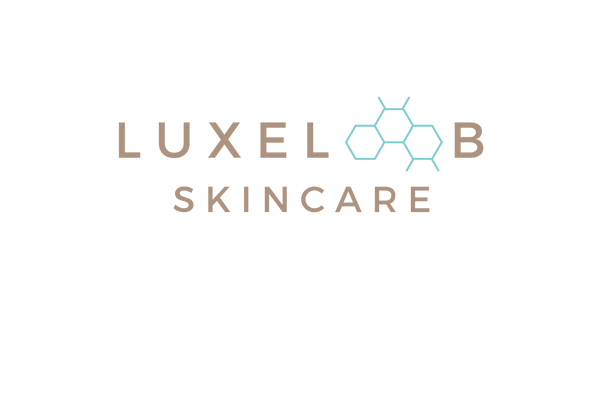What is Polysorbate and why is it bad?
Share
Polysorbates are a group of emulsifiers and surfactants commonly used in cosmetics, skincare, and personal care products. They help mix oil- and water-based ingredients that would typically separate, making products more stable and easier to apply. The most common types used in cosmetics are Polysorbate 20, Polysorbate 60, Polysorbate 80, and others, each varying in their specific use based on the formula's needs.
Why Are Polysorbates Used?
- Emulsification: They help blend oil and water in skincare products like creams, lotions, and serums, preventing the separation of ingredients.
- Solubilization: They can dissolve and stabilize essential oils, fragrances, or active ingredients that might otherwise be difficult to incorporate into a water-based product.
- Skin Feel: They can also help improve the texture and spreadability of a product.
Concerns About Polysorbates:
-
Potential Contamination with 1,4-Dioxane: One of the main concerns with polysorbates is that they can be contaminated with 1,4-dioxane, a potentially carcinogenic byproduct of the manufacturing process. While not intentionally included, it can form as a result of the ethoxylation process, where ethylene oxide is used to make the emulsifier. If present in significant amounts, 1,4-dioxane can be harmful, especially if absorbed through the skin over time.
-
Skin Irritation and Sensitivity: Some people may experience skin irritation or allergic reactions to polysorbates, especially if they have sensitive skin or are prone to dermatitis. They can cause mild irritation in certain individuals, particularly when used in high concentrations.
-
Environmental Concerns: Polysorbates, like many synthetic ingredients, are derived from petroleum and may raise environmental concerns regarding their biodegradability. While they are generally considered safe in cosmetics, the environmental impact of their production and disposal is still a point of discussion in the beauty industry.
Is Polysorbate Bad for You?
Polysorbates are generally considered safe for use in cosmetics by regulatory bodies such as the FDA and European Medicines Agency when used in appropriate concentrations. However, the concerns about 1,4-dioxane contamination and skin irritation mean that individuals with sensitive skin may want to avoid products containing these ingredients. If you're looking for more natural or cleaner beauty options, you might prefer formulations that avoid polysorbates or use alternatives like lecithin, beeswax, or other plant-based emulsifiers.
In summary, while polysorbates are not inherently "bad," there are potential risks to be aware of, especially regarding contamination and irritation. If you have sensitive skin or prefer to avoid petrochemical derivatives, you may choose to look for products that are free from polysorbates.
